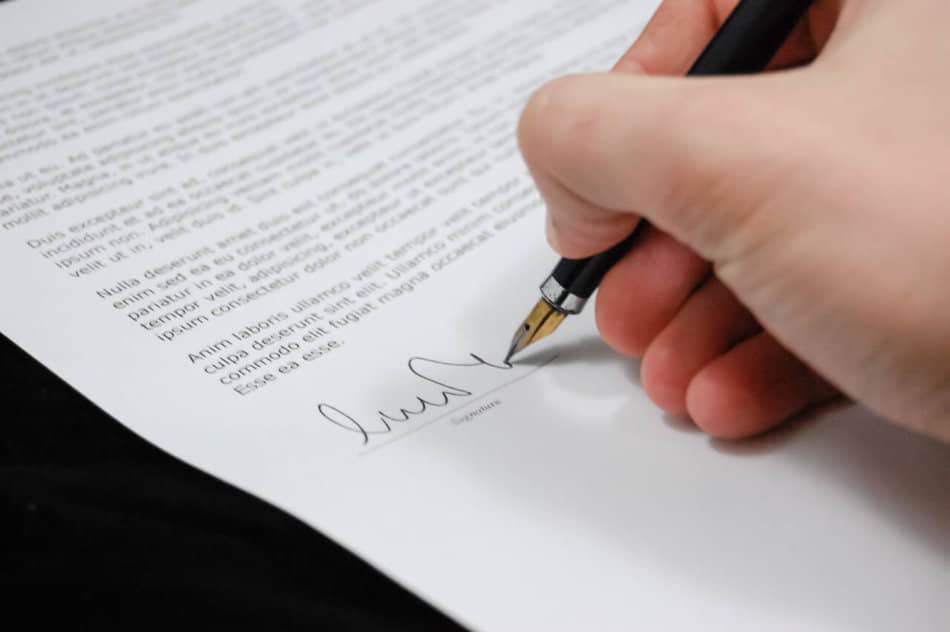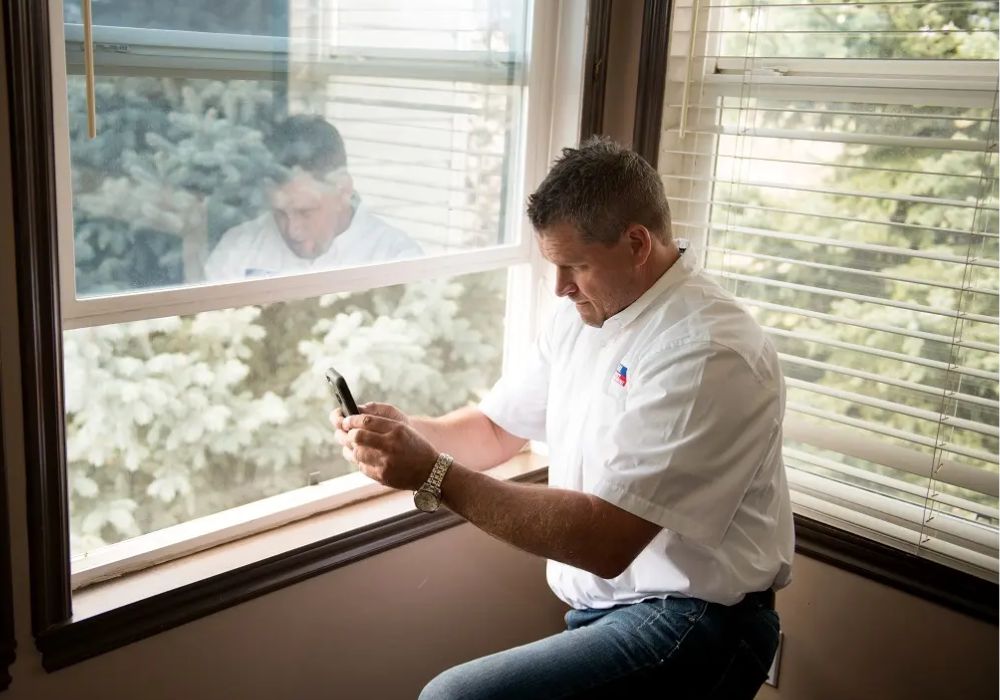Living off the grid without running water is an appealing idea for many survivalists and homesteaders. However, it is important to understand the legal implications of living in a house without this basic utility.
In this article, we will explore the question can you legally live in a house without running water.
Can You Legally Live in a House Without Running Water?
In general, most states allow people to legally live in a house without running water access. Over 2 million Americans currently reside in homes without basic plumbing facilities or water supply. While this lacks ideal from a health perspective, in many areas it is not against the law. States like California, West Virginia and Alabama have widespread water access issues.
Surprisingly, even water-rich states like Michigan have areas where residences lack running water due to remote locations or other infrastructure challenges. As long as the home is not condemned, improper water access alone typically does not result in legal penalties in most jurisdictions.
When Can A House Be Condemned For Lacking Water?
A house can be condemned and deemed legally uninhabitable if it is deemed a threat to public health or safety. Lacking running water is generally not sufficient by itself to trigger condemnation.
Other issues like major structural damage, natural disasters, fires, mold/pest infestations or failure to meet basic building codes must also be present.
However, in some cities like St. Paul, Minnesota, termination of water service due to non-payment can result in condemnation notices. If a home is condemned, residents must vacate and repairs may be required to reinstate legal occupancy.
Related: Is Tenant Responsible For Water Damage?
Can I Legally Live In A Shed On My Property Without Water?

While a shed could be used for storage, living in one as a primary residence requires meeting local building codes, just like a traditional house. Requirements vary by jurisdiction but often involve plumbing, electricity, heating and other utilities to permit habitation.
Some areas may allow inhabiting a shed that is part of a larger land parcel that has a true domicile.
It is best to research specific zoning laws to avoid penalties.
What Utilities Are Most Likely To Trigger Illegality?
Of all utilities, not having a legal means of sewage disposal poses the biggest risks and is most likely to be illegal. Proper wastewater management is imperative for sanitation and environmental protection.
Electricity and water access may be possible to live without, depending on jurisdiction, but sustainable sewage handling is a necessity according to most building codes.
Remote, rural regions tend to have fewer regulations regarding off-grid living with utilities.
Does Lacking Water Automatically Lead To Condemnation?
Simply lacking running water into a home does not automatically result in condemnation by itself in most areas. Building code violations related to health, safety and structural integrity must also be present.
Water scarcity may contribute to an illegality ruling if tied to associated issues like mold, insects or raw sewage.
However, regions with histories of water access challenges often have more lenient policies around living without this utility as a single issue.
What Repairs May Be Needed To Avoid Condemnation?
If water scarcity contributes to a condemnation notice, repairs could involve fixing any resultant damage like mold remediation or pest removal. Deeper issues may require plumbing installation or fixing water containers/cisterns on the property.
Authorities focus on habitation safety over specific utilities, so demonstrating sanitary alternate water sources and proper hygiene/waste practices can sometimes allow continued legal residence while repairing a piped supply. Communication is key to avoid unnecessary property seizure or upheaval.
Can You Legally Live Off-Grid Without Utilities?
It is legally possible to reside off-grid without standard utilities like water, under the right circumstances. Complete zoning and code understanding for the specific property location is important.
Approaching local authorities transparently and demonstrating a safe and sanitary living situation can help avoid issues in areas receptive to alternative lifestyles.
Careful planning, maintenance and diligence are needed, but off-grid survival living within the law is an attainable goal for many.
Conclusion
In summary, living in a house without running water itself is legal in most areas as long as it does not compromise health, safety codes, or local occupancy standards.





